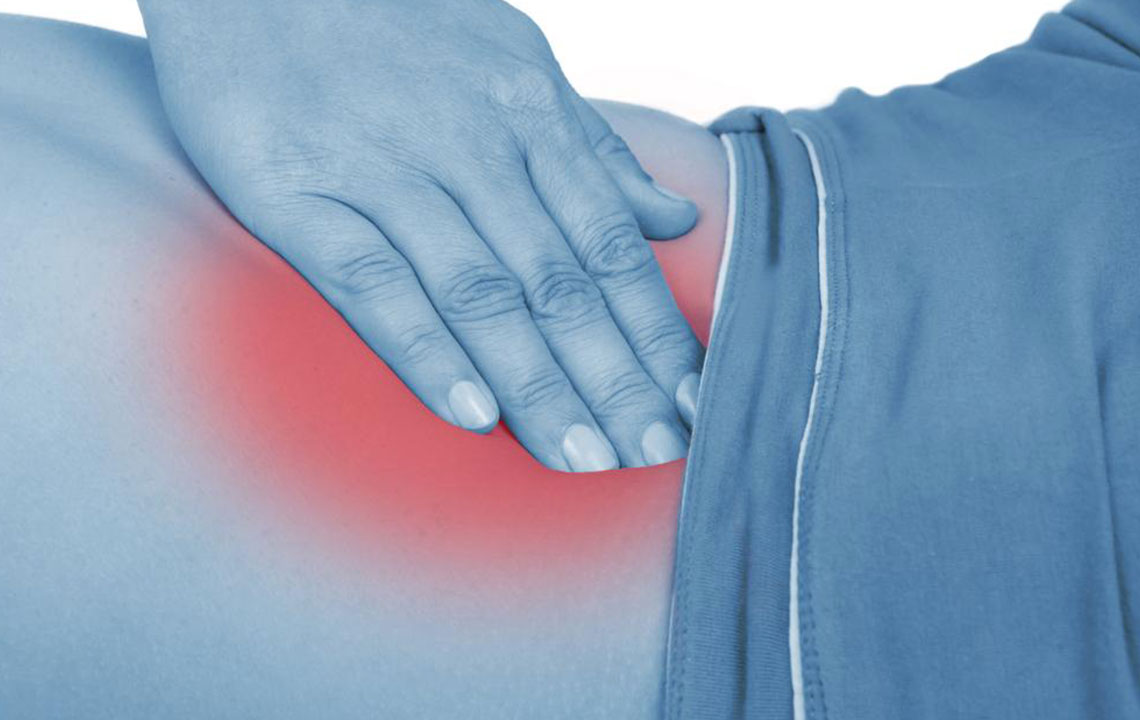Effective Strategies for Managing Diarrhea and Promoting Gut Health
This comprehensive guide explores effective strategies for managing diarrhea, emphasizing hydration, diet, medication, and lifestyle adjustments. It offers practical advice for quick relief, preventing dehydration, and promoting gut health, suitable for both short-term relief and long-term digestive wellness.

Effective Strategies for Managing Diarrhea and Promoting Gut Health
Diarrhea is a common digestive issue characterized by frequent, loose, and watery stools. It can lead to dehydration, electrolyte imbalance, and a reduced appetite, affecting overall health and well-being. While in many cases, diarrhea resolves on its own within a few days, severe or prolonged episodes require careful management to prevent complications. Understanding how to effectively manage diarrhea involves a combination of dietary adjustments, hydration, medication, and lifestyle modifications. This comprehensive guide provides valuable insights into strategies that can help mitigate symptoms, support recovery, and promote long-term gut health.
**Understanding the Causes of Diarrhea**
Diarrhea can be caused by various factors, including infections (viral, bacterial, or parasitic), food intolerances, allergies, medication side effects, stress, and underlying medical conditions such as irritable bowel syndrome (IBS) or inflammatory bowel disease (IBD). Infectious diarrhea is particularly common among travelers and within communities experiencing outbreaks of gastrointestinal illnesses. Recognizing the root cause helps in selecting the appropriate treatment and avoiding unnecessary medication usage.
**Hydration: The Cornerstone of Diarrhea Management**
One of the most critical aspects of managing diarrhea is maintaining adequate hydration. Diarrhea leads to significant fluid and electrolyte loss, which can result in dehydration. This can be especially dangerous for children, elderly individuals, and those with compromised immune systems. To combat dehydration, it is essential to drink small, frequent sips of fluids, such as oral rehydration solutions (ORS), clear broths, or electrolyte-rich drinks. Avoid caffeinated, sugary, or alcoholic beverages as they can worsen dehydration. Incorporating salty snacks like crackers or soups can also help replenish lost electrolytes and restore fluid balance.
**Dietary Adjustments for Symptom Relief**
During diarrhea episodes, selecting easily digestible and gentle foods can ease gastrointestinal distress. The BRAT diet—bananas, rice, applesauce, and toast—is often recommended for initial recovery stages due to its bland nature and binding properties. Other suitable foods include boiled potatoes, plain pasta, lean chicken, and cooked vegetables. It is advisable to avoid spicy foods, high-fat meals, dairy products (especially in lactose-intolerant individuals), caffeine, and alcohol, as these can exacerbate symptoms or irritate the gut.
**Medication Use and Precautions**
Over-the-counter medications can provide quick symptom relief, but they should be used judiciously and according to guidelines. Common remedies include loperamide (Imodium), Pepto-Bismol, and Kaopectate. These medications work by slowing intestinal motility or reducing inflammation. However, they are not suitable for all types of diarrhea—particularly if caused by bacterial infections or dysentery—since they may delay pathogen clearance. Always follow the dosing instructions, typically not exceeding two days unless directed by a healthcare professional. For children, pregnant women, or individuals with underlying health issues, consult a healthcare provider before using any medication.
**Home Remedies and Natural Approaches**
In addition to medications, several home remedies can assist in symptom management. Drinking coconut water provides natural electrolytes, aiding rehydration. Consuming probiotic-rich foods like yogurt, kefir, and fermented vegetables helps restore healthy gut bacteria, which can speed recovery. Ginger tea or chamomile tea may soothe gastrointestinal discomfort. Additionally, avoiding excess caffeine, spicy foods, and processed snacks supports overall gut health during recovery.
**When to Seek Medical Attention**
If diarrhea persists beyond 48-72 hours, worsens, or is accompanied by high fever, blood in stool, severe abdominal pain, dehydration symptoms (dizziness, dry mouth, dark urine), or signs of electrolyte imbalance, it is crucial to seek medical care promptly. Persistent diarrhea may indicate a more serious underlying condition requiring diagnostic tests and targeted treatment. In some cases, antibiotics or other prescription medications are necessary based on the cause identified by a healthcare professional.
**Long-term Gut Health and Prevention**
Maintaining a healthy gut is vital in preventing future episodes of diarrhea. Incorporate a balanced diet rich in fiber, probiotics, and prebiotics. Proper hand hygiene, safe food preparation, and clean drinking water are essential in reducing infection risk. Stress management and regular physical activity also contribute to optimal digestive function. Vaccinations, such as the rotavirus vaccine, can prevent certain viral causes of diarrhea, especially in children.
**Summary**
Managing diarrhea effectively involves a multifaceted approach that includes proper hydration, dietary modifications, medication adherence, and lifestyle changes. Recognizing symptoms early and understanding when to seek professional help can prevent complications and promote quicker recovery. Adopting healthy habits supports long-term gut health and reduces the risk of recurrent diarrhea episodes. By following these strategies, individuals can navigate digestive disturbances more confidently and maintain overall health and wellness.





